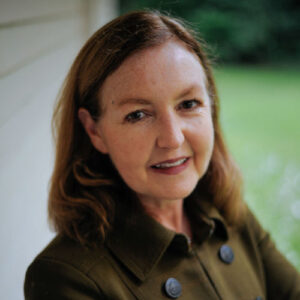Constitutionality of Abortion: Legal Analysis of the Recent Case in Poland
 Piotr Szymaniec holds the degree of Habilitated Doctor of Law from the University of Wrocław. He is a professor at the Institute of Socio-Legal Studies at the Angelus Silesius University of Applied Sciences in Wałbrzych (Poland)
Piotr Szymaniec holds the degree of Habilitated Doctor of Law from the University of Wrocław. He is a professor at the Institute of Socio-Legal Studies at the Angelus Silesius University of Applied Sciences in Wałbrzych (Poland)
The judgement of the Polish Constitutional Tribunal on the controversial issue of limiting the admissibility of abortion was passed on October 22, 2020. It aroused great social emotions. There were stormy demonstrations in major Polish cities, which—despite the restrictions related to the COVID-19 pandemic—lasted over a week. After the protests, the Polish government decided not to publish the judgment until the majority opinion was prepared. Finally, the majority opinion was made public on January 26, 2021. The next day, the judgment was officially published in the Journal of Laws and thus began to produce legal effects. This time it did not raise major public protests, with the exception of mass protests in Warsaw. In this article, I will indicate what the controversial judgment really contained and show the reasoning of the Constitutional Tribunal. However, I will start with a brief introduction on the history of the legal regulations on abortion in Poland. This issue is very important for understanding the content and context of the judgment.


